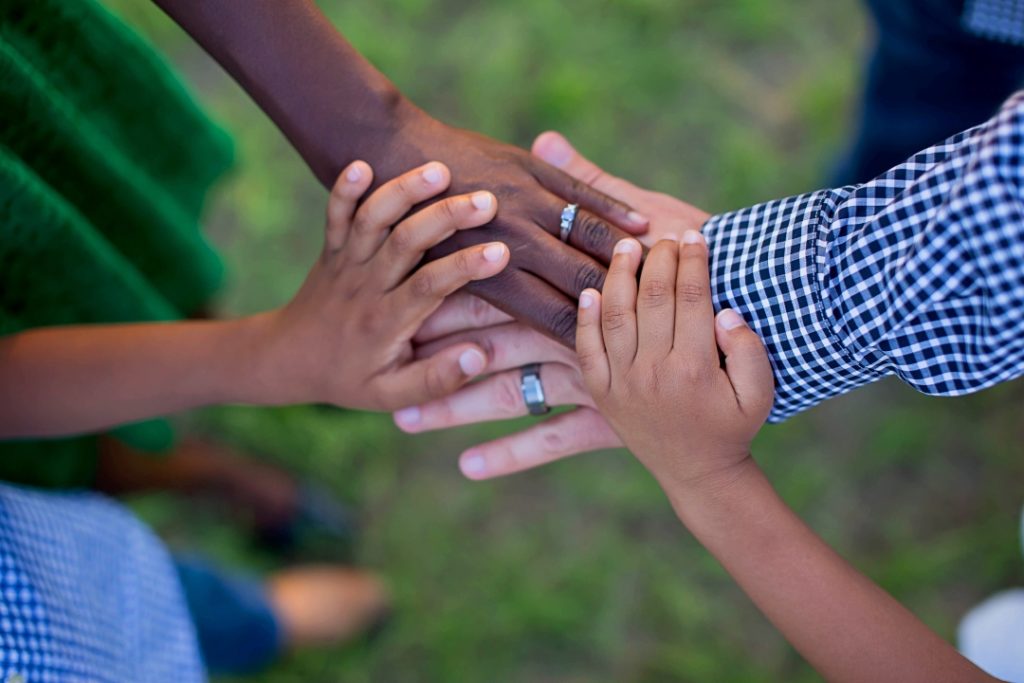
Contents
HIV Home Care
You can improve your overall immunity With HIV home care, which is extremely necessary when you are suffering from HIV. You may be disappointed but there are no curative home remedies to AIDS. HIV Home care for AIDS mainly refers to the preventative measures employed to keep this deadly disorder away. Preventing infection, proper nutrition and physical fitness are the 3 important factors you need to take care for HIV positive.Prevent Infection
- Avoid close contact with people who have contagious illnesses until their symptoms have disappeared. Avoid approaching or touching the person if they have a cold or flu, ask them to wear a surgical-type mask and wash their hands before touching you. Ask the person to get an annual flu vaccine to reduce the chance of getting the flu and infecting you.
- You should avoid close contact with the person who has skin infections such as boils, cold sores or fever blisters (herpes simplex), or shingles (herpes zoster).
- Food-borne infections can be severe especially in people who are infected with HIV. Learn how to handle the food. Avoid unpasteurized dairy products, raw eggs, and raw seafood. Cook meat until it’s well-done.
- Infection from Pregnant Mothers: It has been observed that if a woman gets infected with AIDS during pregnancy, the chances of the virus getting transmitted to the baby are reduced if the mother keeps herself healthy and increases her own immunity levels. Breastfeeding also transmits HIV (not breastfeeding in general but breastfeeding mothers who are already infected.)
- Safe Sex: Using condoms during intercourse keeps other protected from getting infected by you.
Proper Diet
People living with HIV should aim to eat a balanced diet, without too much fat, sugar or salt. Eating right can make your body and your immune system stronger, boosts strength and provide high energy. One should resist the cravings for junk food especially while suffering from HIV. If you are underweight perhaps because HIV was already making you ill by the time you were diagnosed or overweight, or if you have any particular dietary problems or side-effects that make it hard to eat well, then you might benefit from talking to doctor about your diet. Your diet should be made up of:- Eat plenty of fruits and vegetables. They are high in nutrients called antioxidants, which protect your immune system. An easy way to meet that goal is to fill half of your plate with fruits and veggies at each meal. Eat a lot of different foods to get the most vitamins and minerals.
- Choose whole grains. Starchy carbohydrates give your body energy. That makes whole-grain carbs, like brown rice and whole wheat bread, high-end fuel.
- Go for lean protein. Your body uses it to build muscle and a strong immune system. Choose low-fat options like lean meat, poultry, eggs, beans, and nuts. You may need to eat more protein if you’re underweight or in an advanced stage of HIV. Your doctor can help you figure out the right amount for you.
- Limit your sugar and salt. Whether because of the virus or the treatment drugs you’re taking, HIV raises your risk of getting heart disease. You should also have no more than 2,300 milligrams of sodium per day.
- Have healthy fats in moderation. Fat provides energy, but it’s also high in calories. If you’re not trying to gain weight, limit how much you eat. Heart-healthy choices include nuts, vegetable oils, and avocado.
- Drink plenty of liquids to help your body deal with any medications you are taking. If you are vomiting or have diarrhoea, you will need to drink more than usual.
Physical Activity
Exercise cannot control or fight HIV disease, but it may help you feel better and fight many of the side effects of HIV disease and HIV medications.- Being active is good for you in lots of ways it can help to build your muscles, keep your bones strong, burn fat and keep your heart healthy. HIV can trigger the loss of muscle mass and strength, so exercise can help prevent this.
- If you want to do more exercise, feel fitter, have more stamina, more flexibility, or lose weight, there are three types of exercise to think about. Cardio or aerobic exercise, resistance and flexibility training. You can also choose yoga or any exercise you enjoy. Exercise is also great for reducing feelings of stress and symptoms of depression.
- Taking care of yourself is not just about your physical health, but looking after your mental and emotional health too. Support from your friends and family, or other people living with HIV, can really help when you are finding things difficult.